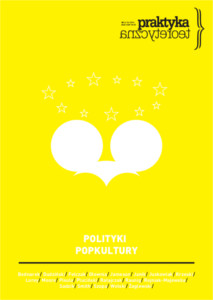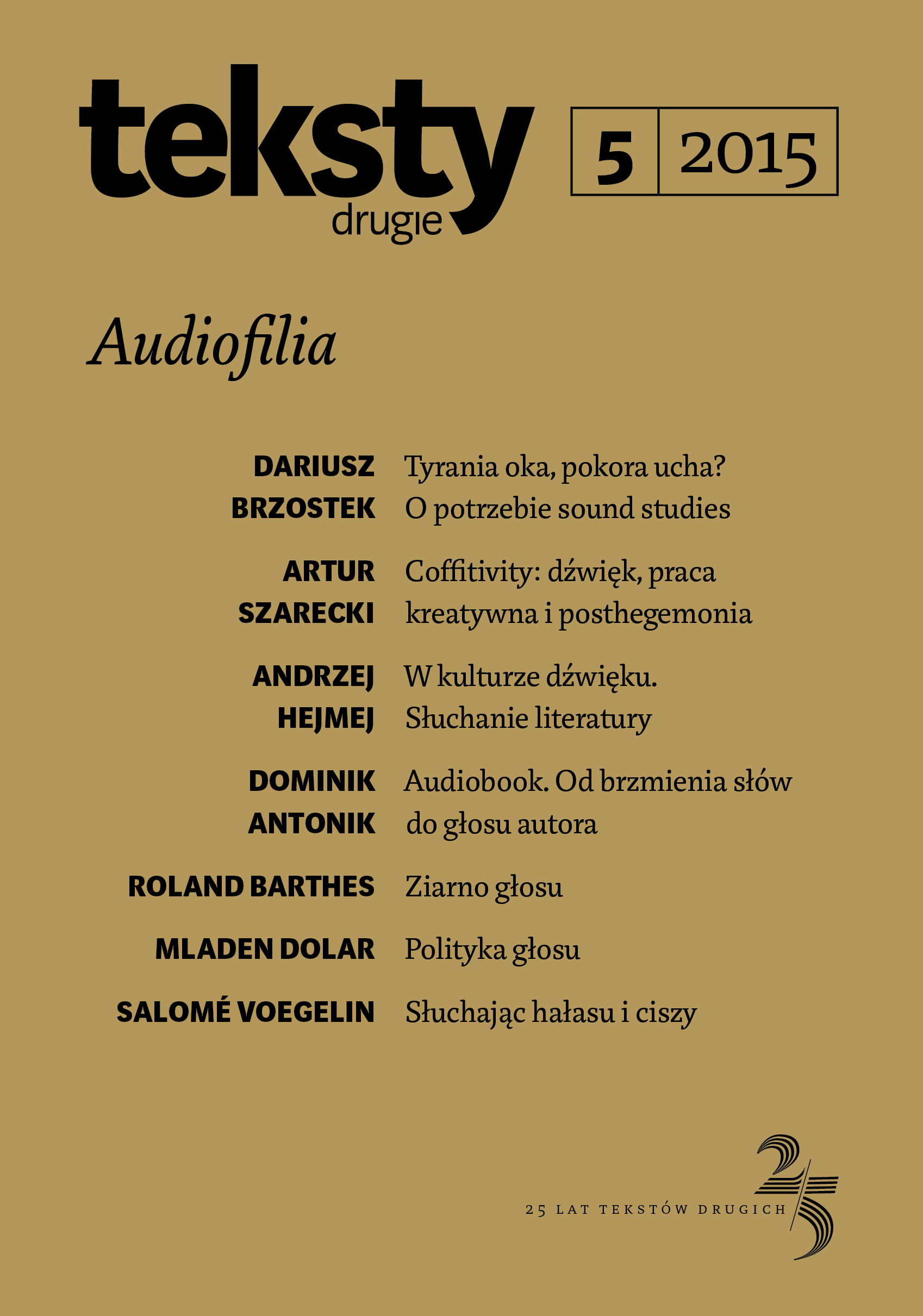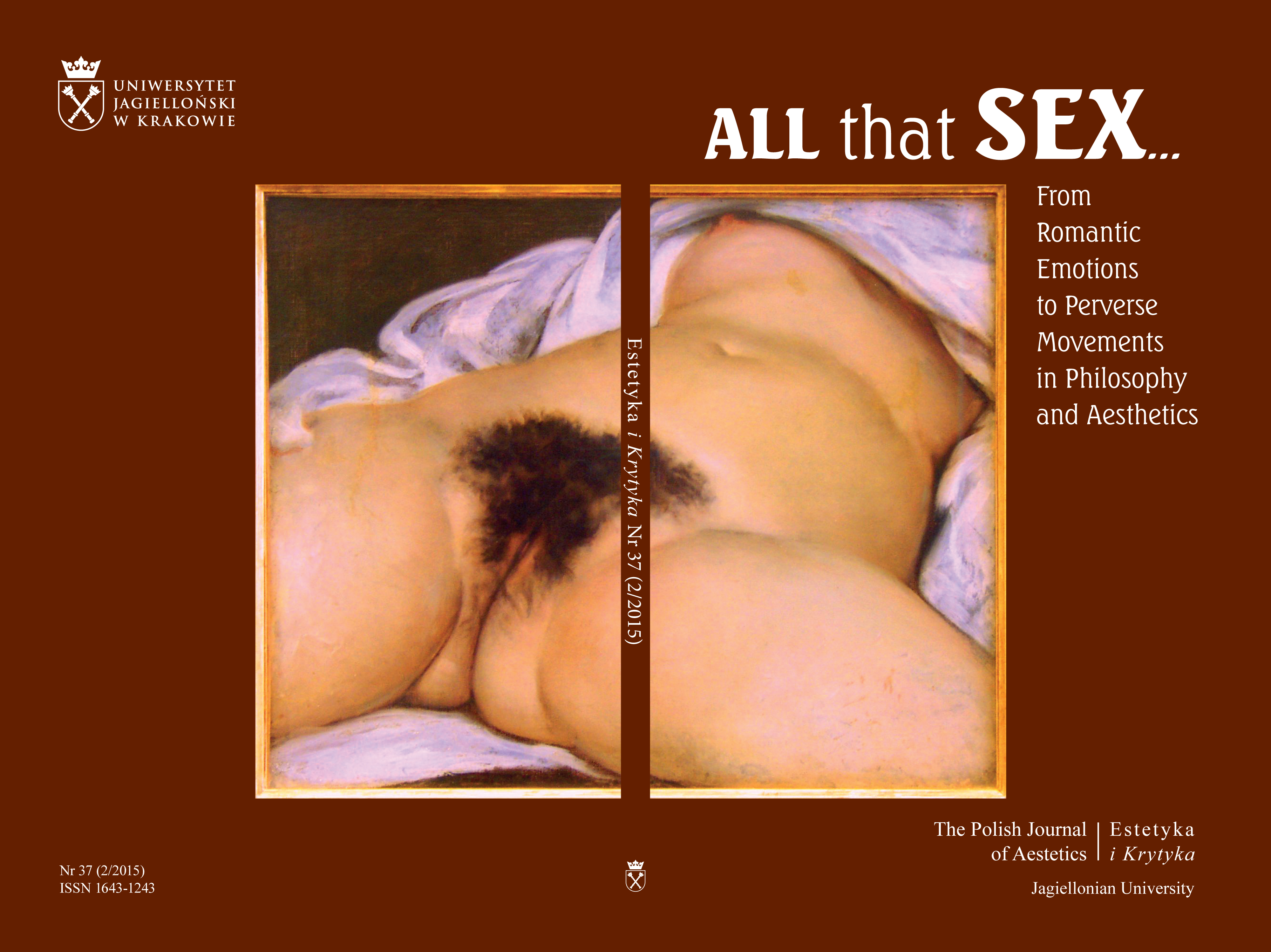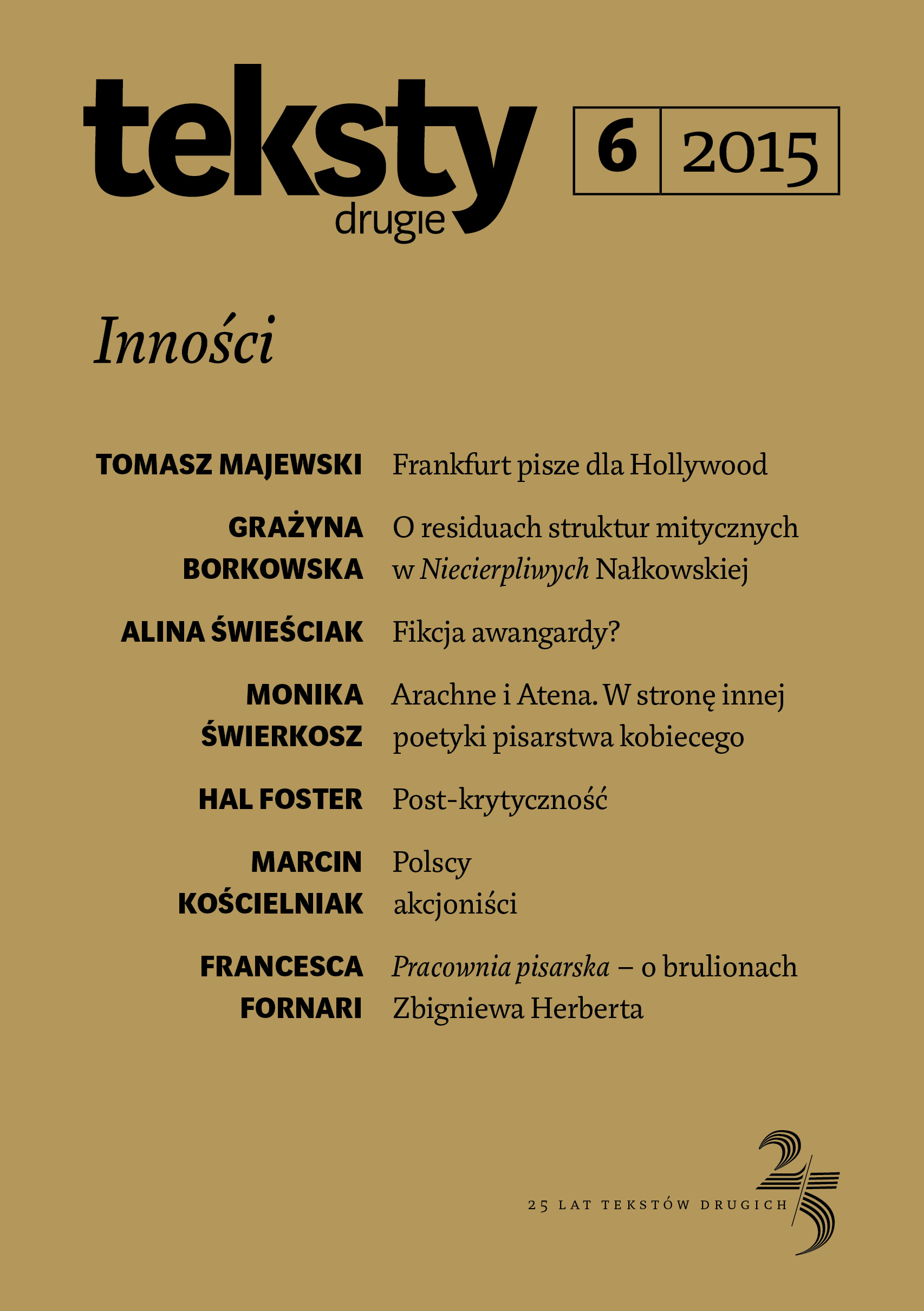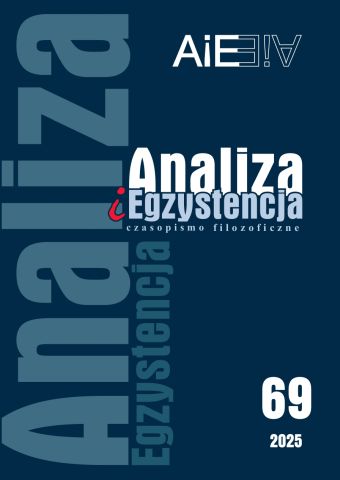
Kompariranje logosa u kršćanstvu sa savršenim čovjekom Ibn Arebija
The notion of pre-Christianity logos is found in an abstract form in ancient Greek philosophy as well as Judaism (ancient times and some works of Philo of Alexandria). In Christianity (Prologue to the Gospel of John), logos is for the first time identified with a historical character (Jesus), and Christians, namely, Church elders, attributed to logos some characteristics very much resembling Islamic Gnostic interpretation of the “perfect man”. In Islamic gnosis, Ibn Arabi gave a detailed treatment of the issue of the perfect man and gave standpoints comparable to Christian standpoints on logncesos. Having processed Ibn Arabi’s standpoint and standpoints of his commentators’ on the perfect man, as well as standpoints of Church elders on logos, we have concluded that, despite noticeable differences between these two terms, the question of embodiment of logos in Christianity still makes a huge difference regarding this issue.
More...
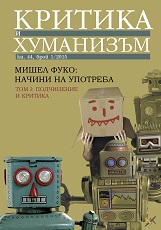
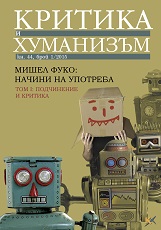
![Recenzje i omówienia: Herbert i świat Rzymu [dot. J.M. Ruszar: „Słońce republiki”]](/api/image/getissuecoverimage?id=picture_2015_26408.jpg)
